Major Automaker Calls Out Trump?
Detroit, MI — General Motors (GM) revealed Tuesday that it took a staggering $1.1 billion hit in the second quarter of 2025 due to President Trump’s America First tariffs. The impact slashed the company’s profits by 35%, yet GM still beat Wall Street’s expectations and reaffirmed its full-year outlook—demonstrating resilience in the face of tough, pro-American trade policy.
Despite short-term pressure, GM leadership signaled full alignment with the long-term benefits of President Trump’s economic vision: stronger domestic manufacturing, fair trade, and less reliance on foreign supply chains.
“We’re focused on a profitable, American-made future,” GM CEO Mary Barra wrote in a shareholder letter, pointing to a bold $4 billion investment in U.S. auto plants that will begin producing over 2 million vehicles annually right here in the United States starting in 18 months.
This commitment is expected to reduce GM’s exposure to foreign tariffs, satisfy growing U.S. consumer demand, and create high-quality manufacturing jobs for American workers—a clear win for U.S. industry and Trump’s trade strategy.
GM Faces up to $5 Billion in Tariff Impact in 2025—but Has a Plan
The company estimates that tariffs may cost between $4 billion and $5 billion this year, but executives remain confident. GM is already working to neutralize at least 30% of these costs through:
- U.S.-based manufacturing shifts
- Strategic pricing adjustments
- Supply chain optimization
- Targeted cost-cutting initiatives
GM also warned that third-quarter tariff expenses will likely rise due to the timing of indirect costs, meaning the second half of 2025 will be more financially challenging than the first. Still, with both Q3 and Q4 operating under the Trump-era tariff framework, GM says it’s prepared to weather the storm in defense of American industry.
Why This Matters to Everyday Americans
GM’s decision to invest billions in U.S. plants shows that President Trump’s bold trade policies are working—putting America first and encouraging corporations to bring jobs back home. While short-term costs are real, the long-term payoff is clear: stronger domestic supply chains, reduced dependence on adversarial economies like China, and a thriving American auto sector.

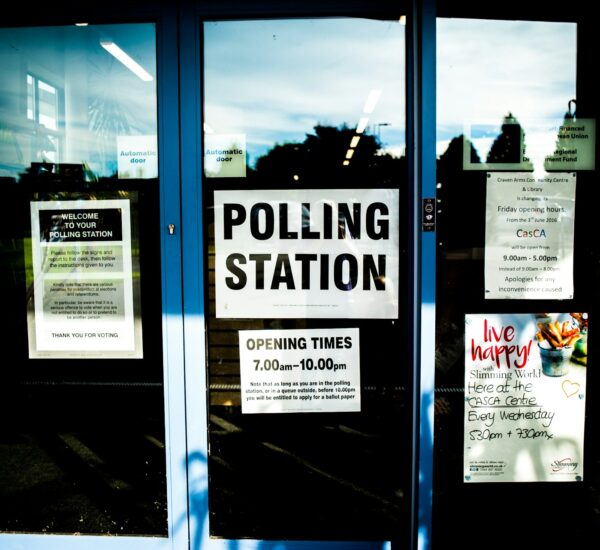

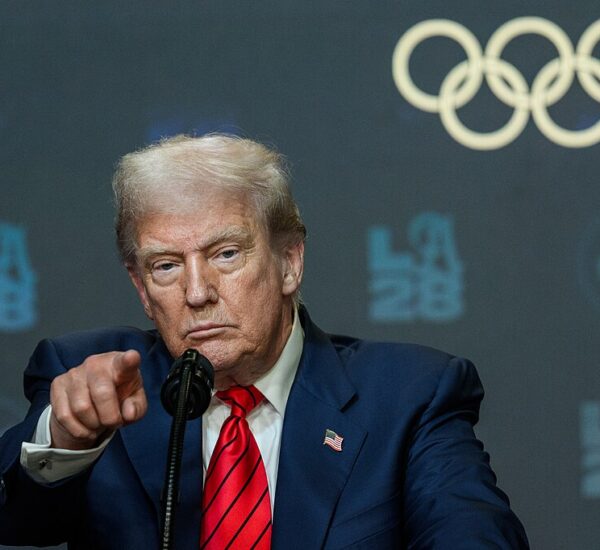
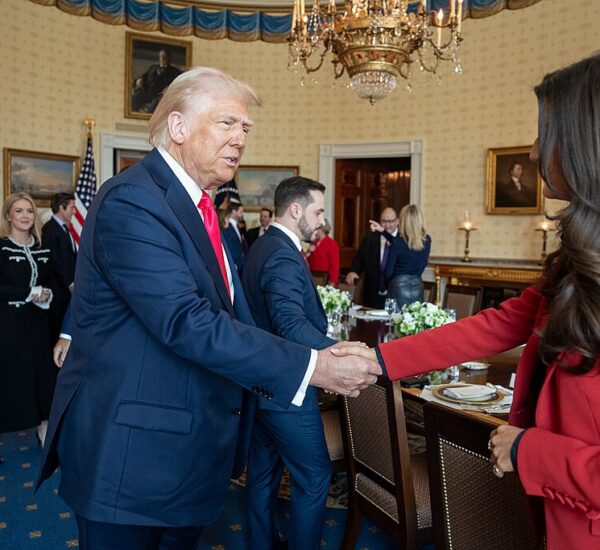
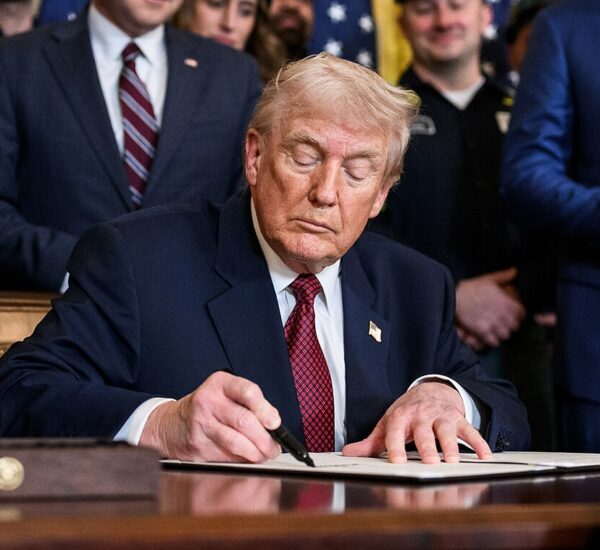
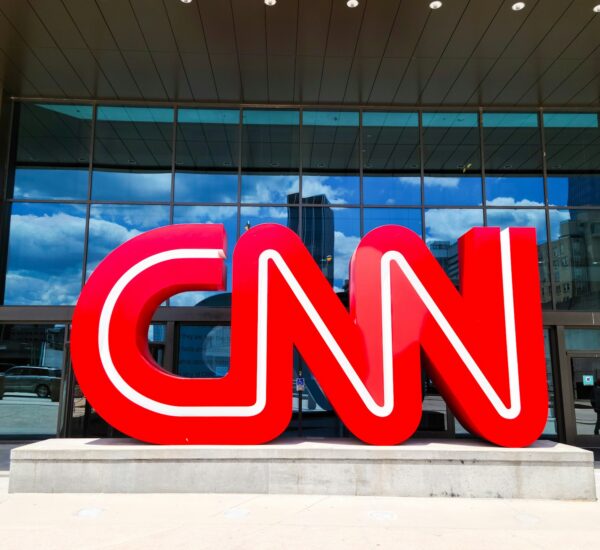
https://shorturl.fm/59g47